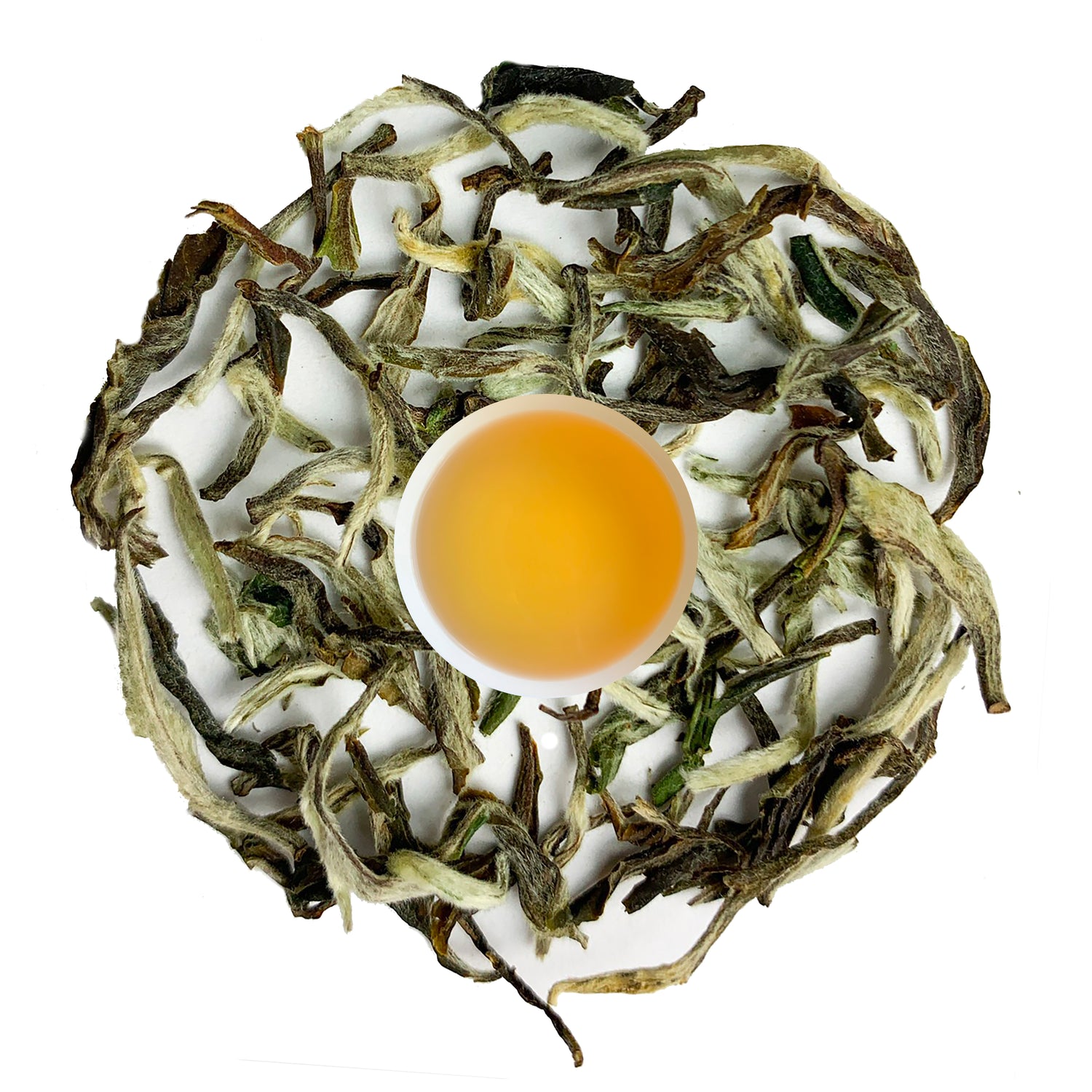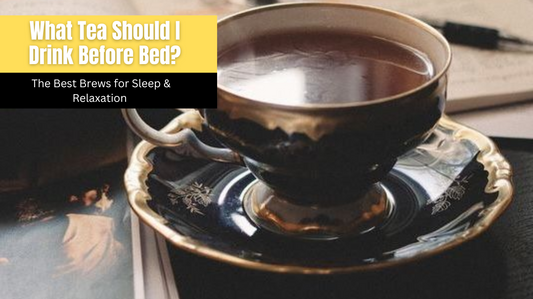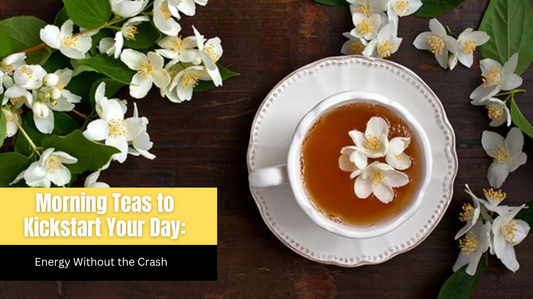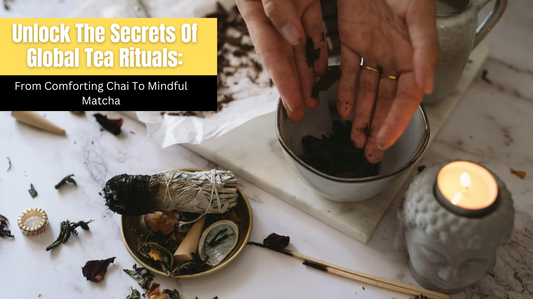
Green Tea vs Black tea: Health Benefits and Differences
Tea is more than just a comforting drink—it's a ritual, a wellness tool, and a global tradition. Among the many varieties, black tea and green tea stand out as two of the most consumed and culturally significant teas worldwide. Though both come from the same plant, Camellia sinensis, the difference lies in how they’re processed—and those subtle changes make a world of difference.
If you’ve ever found yourself wondering “Which is better—green tea or black tea?”, this guide will help you compare everything from taste and color to caffeine and health perks.
What is Green Tea?
Green tea is beloved for its light flavor, green color, and high antioxidant content. It’s minimally processed to retain more of the natural compounds found in fresh tea leaves.
How is Green Tea Processed?
- Plucking – Young tea leaves are harvested.
- Withering – Leaves are allowed to dry slightly.
- Steaming or Pan-Firing – This halts oxidation, helping the leaves keep their green color.
- Rolling and Drying – The leaves are shaped and dried, locking in their delicate flavors.
This results in a brewed green tea that’s grassy, sometimes sweet, and often described as refreshing or clean.
What is Black Tea?
In contrast, black tea goes through a full oxidation process, giving it a bold flavor and deep reddish-brown hue. Popular varieties like Ilam black tea from Nepal are prized for their unique taste and quality.
How is Black Tea Processed?
- Withering – Fresh leaves are spread out to lose moisture.
- Rolling – The leaves are twisted or rolled to release natural oils.
- Oxidation – This crucial step darkens the leaves and enhances flavor.
- Drying and Sorting – Final drying locks in the taste, which can be malty, smoky, or fruity.
Due to its full oxidation, black tea has more caffeine than green tea, making it the go-to morning drink for many.
Key Differences: Black Tea vs Green Tea
|
Feature |
Green Tea |
Black Tea |
|
Processing |
Unoxidized |
Fully oxidized |
|
Flavor |
Light, grassy |
Bold, malty |
|
Caffeine |
20–50 mg/cup |
64–112 mg/cup |
|
Brewed Color |
Pale yellow to green |
Amber to reddish-brown |
|
Antioxidants |
EGCG, catechins |
Theaflavins, thearubigins |
Health Benefits of Green Tea
People have been reaping the health benefits of green tea for centuries. Research suggests that drinking green tea regularly can improve overall well-being in several ways:
-
Brain Boost, Without the Jitters
Thanks to its mix of moderate caffeine and L-theanine, green tea improves focus while keeping you calm. -
Metabolism & Fat-Burning Support
Its star antioxidant, EGCG, helps with fat oxidation and supports weight management. -
Clearer, Healthier Skin
Polyphenols in green tea support skin elasticity and reduce signs of aging and inflammation. -
Heart Health Ally
Green tea may lower LDL cholesterol and improve blood circulation, reducing heart disease risk. -
Fresher Breath & Oral Health
Catechins help kill bacteria, improving dental hygiene and freshening your breath.
Health Benefits of Black Tea
-
Stronger Energy Boost
With its higher caffeine content, black tea is ideal for early mornings or powering through work. -
Supports Weight Goals
Compounds in black tea help reduce belly fat and improve digestion. -
Kidney-Friendly Hydration
Unlike some teas, black tea has low oxalate levels, which reduces the risk of kidney stones. -
Mood & Stress Relief
Antioxidants in black tea regulate cortisol, helping you feel more balanced. -
Healthy Hair, Naturally
Rich in antioxidants, black tea strengthens hair and may reduce shedding caused by free radicals.
Which Tea Should You Choose?
Your ideal tea depends on your health goals, taste preferences, and caffeine tolerance:
Choose Green Tea If:
- You prefer a lighter, vegetal taste
- You want to feel calm yet focused
- You're targeting skin, heart, or weight goals
Choose Black Tea If:
- You love a stronger and richer brew
- You need a morning pick me up.
- You're looking for a kidney support or stress relief.
Ultimately, both teas are winners in their own way. There's no wrong choice—just the right fit for you.
A Taste of the Himalayas with Danfe Tea
At Danfe Tea, we’re proud to bring you authentic, Nepalese loose-leaf teas grown in the rich, high-altitude gardens of the Himalayas. We don’t just sell tea—we preserve tradition, support local farmers, and share Nepal’s tea culture with the world.
Buy the Finest Loose-Leaf Teas from the Himalayas
Danfe Tea brings you the finest loose-leaf teas in the Himalayas. With robust flavors and many health benefits, we invite you to try our high-quality black teas. These teas are available in 2.5-3.5 oz or 1 lb variants. We also offer monthly subscriptions to these products.
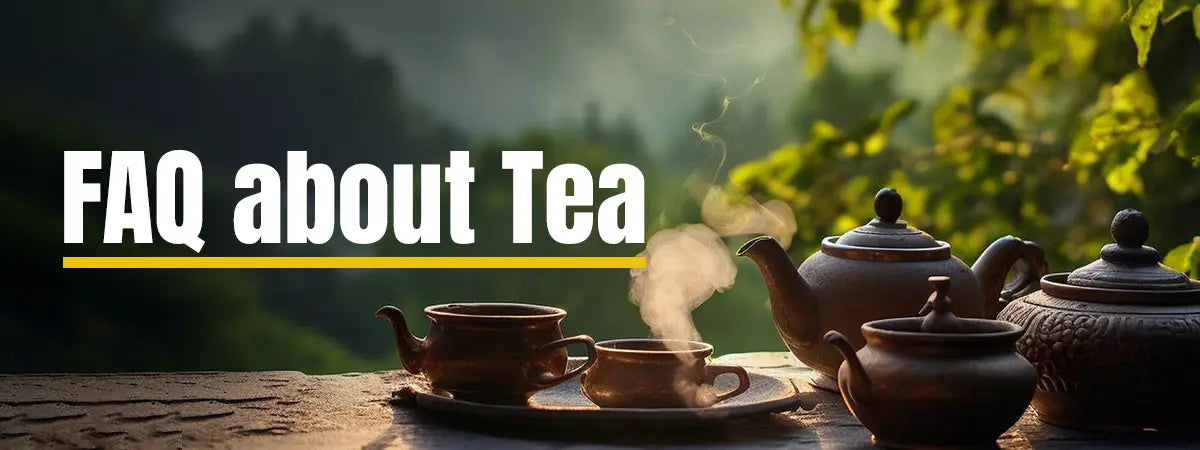
FAQ
1. What are the main differences between black and green tea leaves?
The primary difference lies in the processing. Black tea leaves undergo complete oxidation, giving them a dark color and richer flavor, while green tea leaves are not oxidized, retaining a lighter color and more delicate taste.
2. Can drinking green tea improve heart health?
Yes, green tea is known for its antioxidant properties, which can help reduce the risk of heart disease by improving cholesterol levels and blood flow.
3. How does the caffeine content in black tea compare to green tea?
Black tea generally contains more caffeine, ranging from 64-112 mg per cup, compared to green tea's 20-50 mg. This makes black tea more suitable for those seeking a stronger energy boost.
4. Is it true that green and black tea can aid in weight loss?
Indeed, both green and black teas have compounds that can help with weight management, although through different mechanisms. However, the fat loss effect is not proportional to the amount of tea consumed and the recommended amount is 1-2 cups of tea daily.
5. Which type of tea is better for stress relief and why?
Both teas offer stress-relieving properties due to their antioxidant content. However, the L-theanine in green tea has a more pronounced effect on reducing anxiety and promoting relaxation. People also enjoy tea with the sunrise, to experience a pleasant start to their day.



